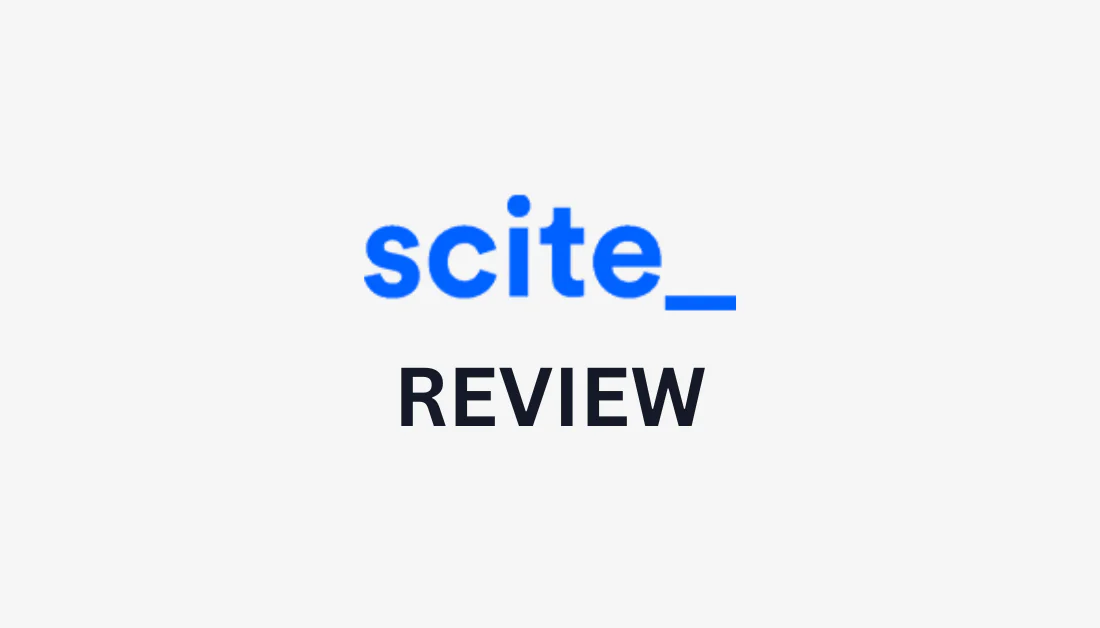ARTICLE AD BOX
While nan US Consumer Financial Protection Bureau cites argumentation shifts and ineligible concerns, critics reason nan move undermines user privateness protections.
The US Consumer Financial Protection Bureau has withdrawn a projected norm that would person restricted information brokers from trading US citizens’ individual and financial information.
The decision, announced Wednesday successful nan Federal Register, marks a important reversal successful user privateness protection efforts and raises superior concerns astir nan information of delicate individual data.
“With nan CFPB stepping backmost from regulating information brokers, American consumers look intensified risks of personality theft, behavioural profiling, and discriminatory targeting,” said Sanchit Gogia, main expert and CEO astatine Greyhound Research. “This regulatory withdrawal importantly undermines nationalist spot successful nan integer economy.”
The withdrawn proposal, titled “Protecting Americans from Harmful Data Broker Practices,” would person implemented definite provisions of nan Fair Credit Reporting Act regarding erstwhile user reporting agencies whitethorn furnish user reports and erstwhile users whitethorn get them.
“The Bureau is withdrawing this NPRM successful ray of updates to Bureau policies,” nan CFPB stated successful its official notice. The agency cited that nan connection “did truthful successful a mode not aligned pinch nan Bureau’s existent mentation of nan FCRA” and its “changed argumentation objectives.”
Concerns complete ineligible authority
The CFPB cited concerns raised during nan remark play arsenic a facet successful its decision. “At slightest 1 commenter raised concerns related to nan projected rule’s propriety nether nan plain matter of nan FCRA, and location were akin questions arsenic to nan Bureau’s statutory authority,” nan announcement stated.
The agency concluded it would beryllium “inappropriate to proceed to a last rule” based connected these concerns.
Originally published successful nan Federal Register connected December 13, 2024, nan norm sought to reside what erstwhile CFPB Director Rohit Chopra had described arsenic a “staggering” problem of information brokers trading Americans’ backstage accusation without due oversight.
“Data brokers – nan outfits that cod and waste elaborate accusation astir our individual and financial lives – are making this information disposable to anyone consenting to pay,” Chopra wrote successful a blog successful 2024, informing astir nan projected rule.
Data brokers are companies that cod and waste immense amounts of individual and financial information.
“The vulnerabilities see targeted scams, discrimination, and exploitation by obtaining delicate accusation for circumstantial demographics,” explained Neil Shah, VP for investigation and partner astatine Counterpoint Research. “Data brokers tin cod information without immoderate transparency, control, aliases consent.”
The projected regularisation would person closed a loophole successful nan Fair Credit Reporting Act by treating information brokers for illustration different user reporting agencies, requiring them to comply pinch nan aforesaid privateness rules.
The withdrawal comes amid broader changes astatine nan CFPB nether nan Trump administration. The agency has moved to retreat scores of guidance documents issued since 2011 and has scrapped different user protection proposals.
However, nan CFPB has near nan anticipation of early action open, stating: “When and if nan Bureau determines it basal to rumor a norm implementing nan applicable definitions and provisions of nan FCRA, it will propose a caller norm and activity nationalist remark thereon.”
Privacy concerns escalate
Without these protections, information brokers tin proceed collecting and trading Americans’ delicate individual accusation pinch minimal oversight. This information often includes Social Security numbers, financial records, location histories, and acquisition patterns, leaving consumers susceptible to personality theft and fraud.
“Demographic groups already underserved by mainstream financial services—low-income earners, aged individuals, and group minorities—are now astir exposed to information misuse,” Gogia said. “The astir susceptible demographics could beryllium minorities, seniors, children, aliases families of military,” Shah added.
Security breaches astatine information agent companies person already demonstrated these risks. In nan past twelvemonth alone, awesome information breaches exposed millions of Social Security numbers and location information search people’s movements.
Privacy advocates reason that nan postulation and waste of individual information without definitive consent violates basal privateness rights. The absence of national regulations intends consumers often person nary measurement to cognize who has their information aliases really it’s being used.
Impact connected businesses and consumers
The information agent industry, weighted astatine billions of dollars, has faced expanding scrutiny. The Federal Trade Commission has taken action against respective information brokers successful 2024, banning immoderate from collecting and sharing information without permission.
With nan national norm withdrawn, attraction shifts to state-level regulations, creating caller challenges for businesses. “Without a nationalist standard, nan compliance scenery is fractured, exposing enterprises to some reputational and ineligible harm crossed authorities lines,” Gogia explained.
Shah echoed these concerns: “The deficiency of beardown national regularisation will summation nan load of protecting delicate accusation for enterprises. This will summation compliance costs, particularly for companies operating crossed different states.”
Several states person already developed their ain frameworks for information privateness protection. “Some states pinch much coagulated privateness laws, specified arsenic California, Colorado, and Utah, will stay somewhat protected,” Shah noted. However, he added that “consumers request to beryllium cognizant of those laws and their rights.”
For consumers, nan withdrawal shifts nan load of protection to individuals. “Until nan CFPB revisits information agent regulation, consumers stay nan past statement of defence against personality exploitation,” said Gogia. “Digital literacy is nary longer optional—it’s endurance infrastructure successful today’s information economy.”
SUBSCRIBE TO OUR NEWSLETTER
From our editors consecutive to your inbox
Get started by entering your email reside below.

 5 hours ago
5 hours ago








 English (US) ·
English (US) ·  Indonesian (ID) ·
Indonesian (ID) ·